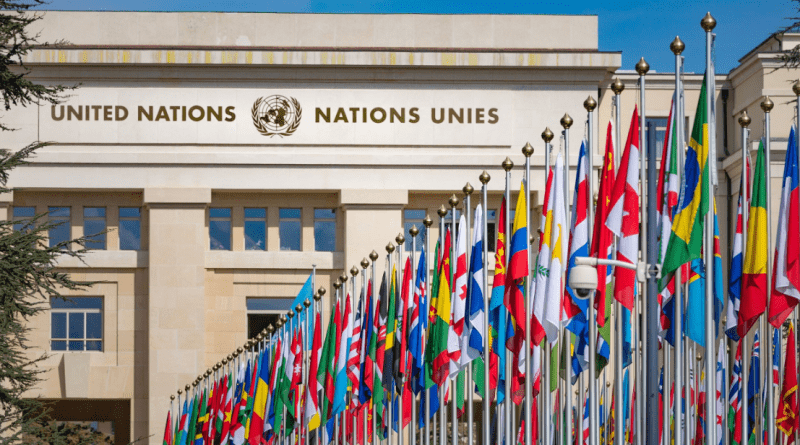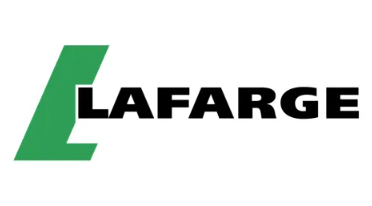The UN Junior Professional Officers Programme is Now Accepting applications
The UN JPO Programme selects Junior Professional Officers (previously known as Associate Experts) for the UN Secretariat and its affiliated organizations. JPOs are chosen through bilateral agreements between the UN and donor countries. While JPOs are typically citizens of donor countries, some donors also support individuals from developing nations. Eligible candidates are typically young professionals with an advanced university degree and at least two years of professional experience. JPO roles are generally at the P2 level.
The number of sponsored positions can vary annually and by donor country. The assignment is designed to last a minimum of two years. Initially, JPOs receive a one-year appointment that can be extended for a second year with the donor country’s approval, based on satisfactory performance. There is no guarantee of transitioning to a regular staff position; JPOs can apply for such roles like any other external candidate and must undergo the standard competitive selection process of the UN.
Despite the significance of the JPO Programme, only a small percentage of JPOs originate from developing countries, which limits the diversity of viewpoints necessary for the UN to tackle global challenges. In response to this issue, the UN Department of Economic and Social Affairs (UN DESA), in collaboration with other UN agencies and sponsoring Member States, has taken significant measures over the past decade to address this disparity.
The Developing Country Candidates (DCC) Trust Fund currently has two open positions:
1. JPO in Investigations
International Criminal Court (ICC) Unified Teams, Prosecution Pillars, Office of the Prosecutor, The Hague, Netherlands.
ICC JPO in Investigations, The Hague
2. JPO in Policy Analysis
United Nations Development Programme (UNDP), Bureau for Programme and Policy Support (BPPS), Governance Team, New York, USA
UNDP JPO in Policy Analysis, New York
Applicants must hold citizenship from one of the eligible countries specified.
Afghanistan, Angola, Bangladesh, Benin, Burkina Faso, Burundi, Cambodia, Central African Republic, Chad, Comoros, Democratic Republic of the Congo, Djibouti, Eritrea, Ethiopia, Gambia, Guinea, Guinea-Bissau, Haiti, Kiribati, Lao People’s Democratic Republic, Lesotho, Liberia, Madagascar, Malawi, Mali, Mauritania, Mozambique, Myanmar, Nepal, Niger, Rwanda, Sao Tome and Principe, Senegal, Sierra Leone, Solomon Islands, Somalia, South Sudan, Sudan, Tanzania, Timor-Leste, Togo, Tuvalu, Uganda, Yemen, Zambia
Candidates must but be born on or after 01/01/1991 to be eligible for the position.
Education:
A Master’s degree or equivalent in Law, Criminology, or related fields such as Human Rights, Psychology, or Journalism is necessary. Alternatively, a Bachelor’s degree combined with two additional years of relevant experience after obtaining the first-level university degree can be accepted in place of the advanced degree.
A diploma in criminal investigation from a law enforcement academy, relevant training in crime investigation techniques, and eight years of pertinent experience may also be considered instead of a university degree.
Working experience:
A minimum of one year (or three years with a first-level university degree) of professional experience post the initial qualifying university degree in criminal investigations, investigations of serious human rights violations, financial investigations, or investigative analysis is mandatory. Experience working with NGO’s/IGO’s/International Commissions of Enquiry on complex, large-scale cases is also acceptable.
Languages:
Proficiency in English or French, the working languages of the Court, is essential. A working knowledge of the other language is advantageous. Knowledge of Russian, Arabic, Chinese, Spanish, Ukrainian, or Hebrew is beneficial.
Selection Criteria:
- Only short-listed candidates will be contacted for further steps. Shortlisted candidates will undergo a competency-based interview.
- For details visit the Official Webpage of the United Nations Junior Professional Officer (UN JPO) Programme.
- Deadline: 31 March 2024





